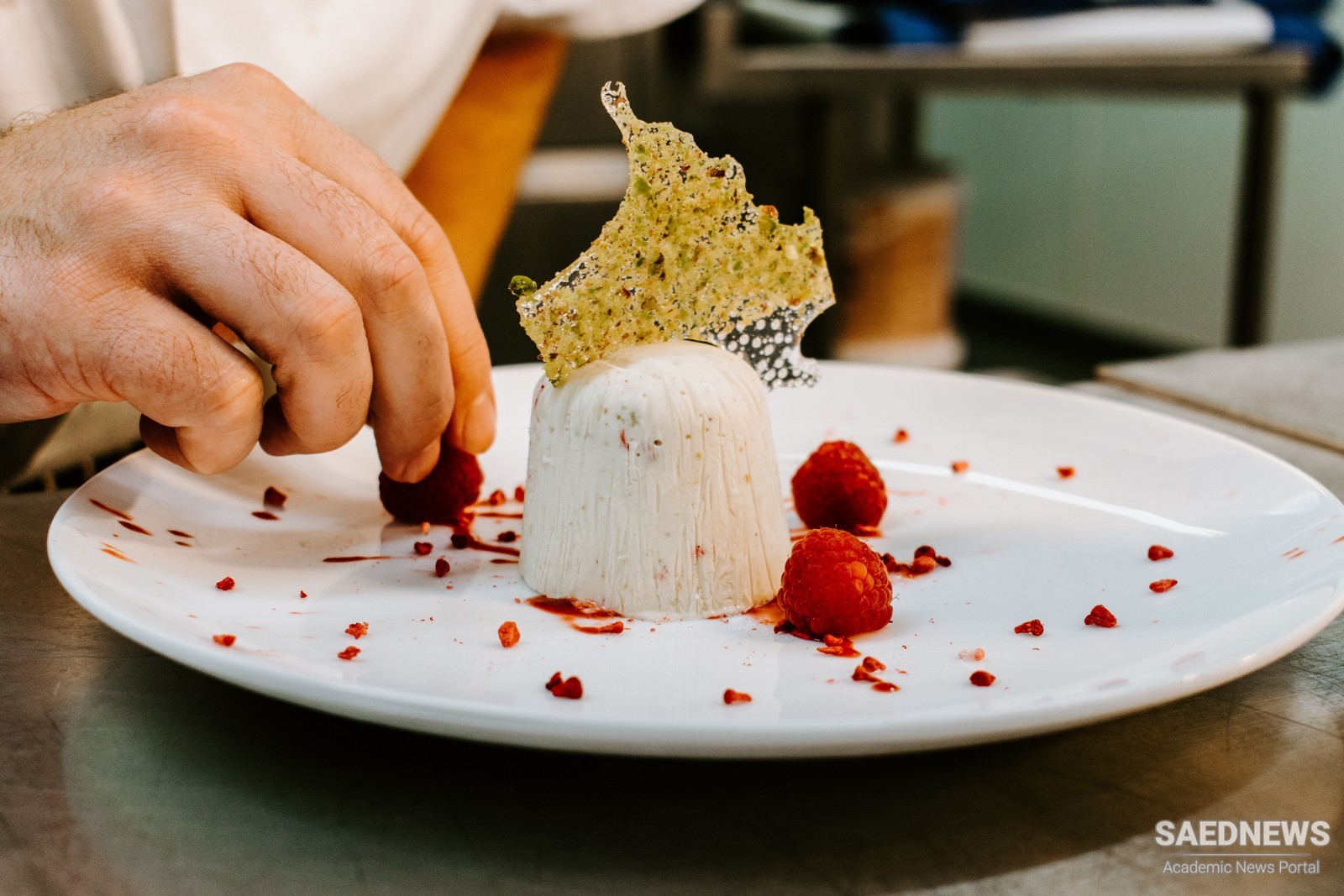French cuisine also stands apart not simply as a set of culinary practices, but as a grammar, a rhetoric of that practice, a discursive space. Although every cuisine is a code, some cuisines—and French cuisine has long supplied the paradigmatic example in the West—are considerably more codified than others. If, as commonly alleged, there is no American cuisine, it is because for all kinds of obvious and not-so-obvious reasons, cooking in the United States ranks low on the scale of formalization and codification. The importance and significance to cuisine of language, texts, and representations can hardly be overstated. As much as the foodways by which it is shaped or the actual foods consumed, words sustain cuisine. These words, the narratives and the texts shaped by them, are what translate cooking and food into cuisine. They redefine the individual act of eating into the collective act of dining. In explaining these modifications in French cuisine and its culinary culture, I have also endeavored to keep in mind what this particular cultural phenomenon might imply for processes of cultural formation generally. It is not just a question of finding out about cuisine and food in a given social setting but of exploring culture itself—how it works, how particular phenomena create and sustain a collective cultural consciousness. French cuisine offers one means to this larger end of understanding how discourse identifies a collectivity.


 French Cuisine: Food Defines Land
French Cuisine: Food Defines Land














































